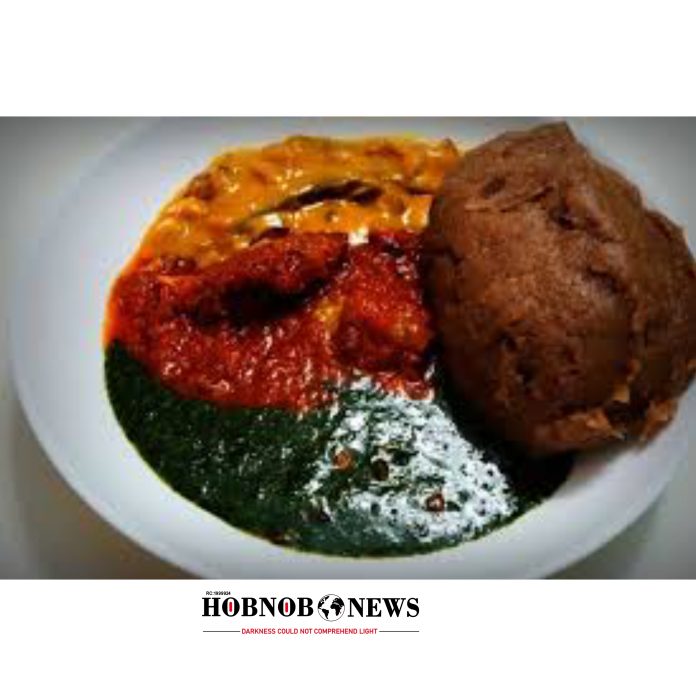The National Bureau of Statistics (NBS) has reported that food scarcity, insecurity, and rising prices have forced many Nigerian households to reduce their consumption.
According to the NBS, 65 percent of families and residents are unable to afford healthy meals due to financial constraints.
This information was shared in the latest General Household Survey Panel (Wave 5) report, which was conducted in partnership with the World Bank.
The report revealed that 71 percent of households were affected by the increase in prices of major food items, while more than a third of households experienced food shortages over the past year.
These shortages were most significant in June, July, and August, which worsened the already dire food insecurity situation. The survey also found that 48.8 percent of households had reduced their food consumption as a coping strategy.
“In the past 12 months, more than one-third of households faced food shortages, which occurred more frequently in the months of June, July, and August,” the report stated. “Price increases on major food items were the most prevalent shock reported by households, affecting 71.0 percent of surveyed households.”
Additionally, the report highlighted an increase in households concerned about food availability, with 62.4 percent of households expressing worries about not having enough food to eat, up from 36.9 percent in the previous survey (Wave 4, conducted in 2019).
This increase was attributed to the worsening food insecurity situation, with over half of Nigerian families struggling to meet their dietary needs.
The report further noted that “approximately two out of three households (65.8 percent) reported being unable to eat healthy, nutritious, or preferred foods due to lack of money in the last 30 days.” It also revealed that 63.8 percent of households consumed only a limited variety of foods because of financial constraints, and 60.5 percent ate less than they thought they should.
The survey also indicated that 12.3 percent of households had at least one member who went an entire day without eating, and 20.8 percent had to borrow food or rely on help from friends or family.
The report also highlighted regional disparities, noting that households in southern zones experienced more food insecurity incidents than those in northern zones. “In the southern zones, the proportion of households reporting that they had to skip a meal ranged from 50.1 percent in South West to 62.4 percent in South East, while in the northern zones, this share varied from 34.0 percent in North Central to 48.3 percent in North East.”
Furthermore, the NBS observed that residents in the South-South zone had the highest rates of food insecurity across five of the eight indicators. In contrast, North-Central residents reported the lowest rates in six of the eight indicators, the report concluded.

